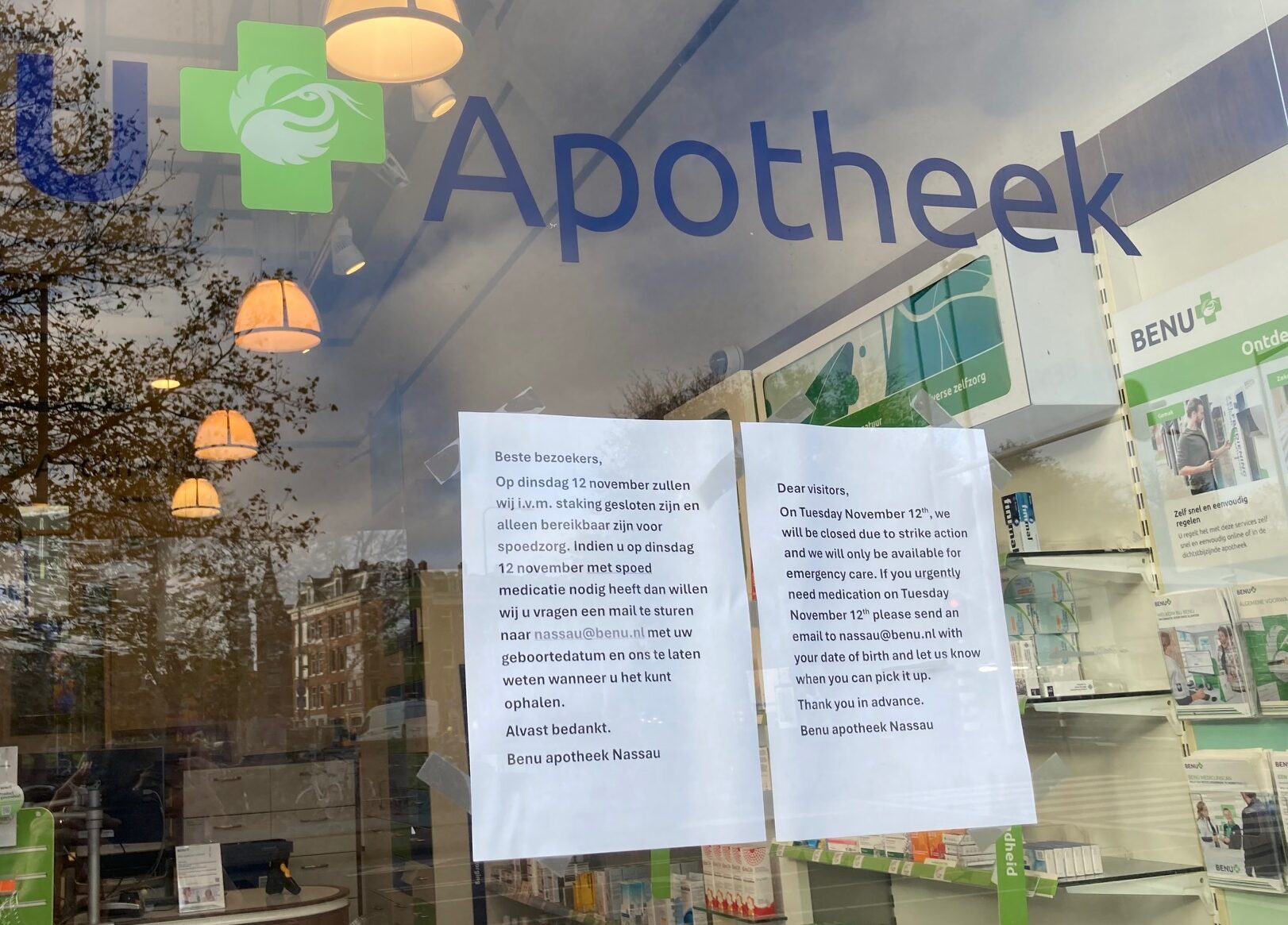Pay talks stall as employers push back on union demands

Pay negotiations in several sectors are becoming increasingly fraught, with unions threatening strikes as employers resist further wage increases, news website Nu.nl reported on Monday.
The stalemate is being driven by concerns from employers that they cannot afford another sharp rise in labour costs after several years of inflation-driven pay hikes, Nu.nl said.
Workers in many sectors have already seen substantial wage increases to offset the loss of purchasing power caused by high inflation in recent years, with wages in some sectors rising by more than 10%.
This year, trade union federation FNV has called for a 7% wage rise.
Recent talks at Dutch Railways (NS) broke down after four months without a deal, and union-led strike action now looms. Industrial action has already taken place in recent months in the motor vehicle and bicycle sectors, while negotiations in the furniture and interior construction industries have also stalled.
Employers’ association AWVN says there has been a general deterioration in wage talks. “It takes more rounds of negotiation and the atmosphere has worsened. It’s no longer a matter of everyone signing on the dotted line the moment a deal is proposed,” a spokesperson told Nu.nl.
The association also criticised the blanket nature of the unions’ demands. “There is little consideration for how well or poorly individual companies are doing,” the spokesperson said. “In the manufacturing sector, for example, many businesses are struggling. These wage demands just drive up costs.”
There were 36 strikes in the Netherlands last year, down 16 on 2023, the national statistics office the CBS said earlier this month. Most strikes involved the industrial and manufacturing sectors, and in total some 21,000 workers downed tools at some point during the year, the CBS said.
Working from home
Meanwhile, a new survey by trade union CNV shows that nearly one in three employees has less freedom to work from home than they did two years ago. The union says it is receiving more reports of employers demanding a return to the office or questioning employees’ productivity when working remotely.
“This shift in attitude is a shame,” said CNV chairman Piet Fortuin. The change, he said, is partly down to economic uncertainty, which has made companies more cautious. “When turnover drops, businesses scrutinise every process more closely.”
Despite this, most employees continue to value the option of remote work. Eight in ten say it improves their mental well-being, and six in ten report being more productive and taking fewer sick days when they have the flexibility to work from home.
Thank you for donating to DutchNews.nl.
We could not provide the Dutch News service, and keep it free of charge, without the generous support of our readers. Your donations allow us to report on issues you tell us matter, and provide you with a summary of the most important Dutch news each day.
Make a donation